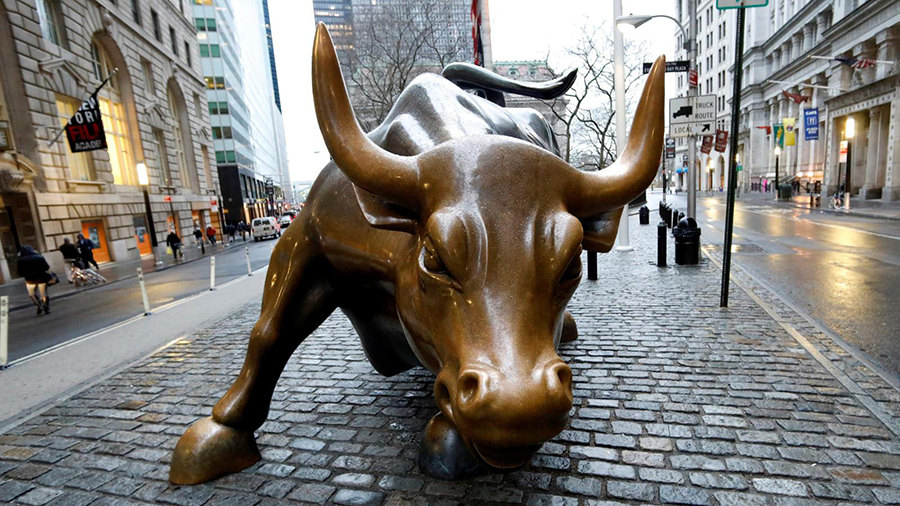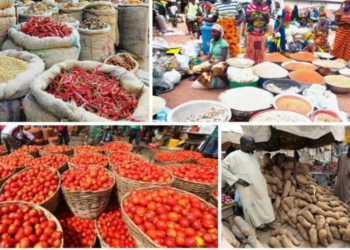In America, the Dow Jones 30 recorded its biggest weekly surge since 1938, paring some of the losses of recent weeks, as lawmakers agreed to the largest economic-relief package in U.S. history ($2 trillion) in response to the COVID-19 pandemic.
Global stock markets were bullish this week as a great number of stimulus measures from around the globe had brought about a modicum of stability in equity markets. US (DJIA: +17.6% and S&P: +14.1%) equities were up, strengthened by quantitative easing by the U.S. Federal Reserve and hopes of a USD 2.2 trillion government stimulus aid bill.
In Europe, European shares closed in the red on Friday after EU lawmakers failed to agree on a coronavirus rescue package and British Prime Minister Boris Johnson announced he had been infected.
The pan-European STOXX 600 index started Friday about 2% lower, then closed down 3.3% after the announcement about Johnson’s test. The declines followed a three-day rally, and the index marked its best week since 2011.
(READ MORE: Bulls push Nigerian bourse index up 0.13%, investors gain N15.20 billion)
British blue-chip stocks had extended losses after the news, closing 5.3% down.

With most of Europe practically under lockdown due to the virus, a recession appears imminent. EU lawmakers on Thursday extended the deadline for agreeing on a comprehensive economic rescue package by two weeks over a dispute between the ailing south and the fiscally conservative north.
In Asian sessions, the Japanese Nikkei 225: up 17.1%; Chinese Shanghai SE: up 1.0% stocks closed higher on expectations of further monetary stimulus to mitigate the impact of the coronavirus epidemic on the global economy.
Emerging market (MSCI EM: +6.0%) stocks were also boosted by the positive showing in South Korea (+9.7%) while the frontier market (MSCI FM: +2.6%) equities benefitted from strong gains in Kuwait (+7.7%).
However, in Nigeria despite the pocket of gains, weak sentiments continued to dominate the Nigerian equities market, as the All-Share Index plunged by 1.52% w/w to 21,861.78 points.
(READ MORE: Bulls gather momentum ASI up 0.48%, gained N55.3 billion)
Consequently, the MTD and YTD returns settled at -15.3% and -18.6%, respectively. Looking at each sector, significant losses recorded in the Consumer Goods (-8.1%) and Oil and Gas (-2.2%) sectors weighed on the market performance, as both indices declined.
The Industrial Goods (-0.5%) index also followed suit. The Insurance (+3.3%) and Banking (+2.1%) indices were the sole gainers.
In commodities, oil prices extended their fall on low demand concerns as the virus slowed economies to a crawl, which outweighed the stimulus efforts. U.S. crude recently fell 3.98% to $21.70 per barrel and Brent was recently at $24.83, down 5.73% on the day.
Gold market participants remained concerned about a supply squeeze after a sharp divergence between prices in London and New York. The virus has grounded planes used to transport gold and closed precious metal refineries.
Spot gold dropped 1.0% to $1,613.02 an ounce. The metal posted its largest weekly advance since 2008.























